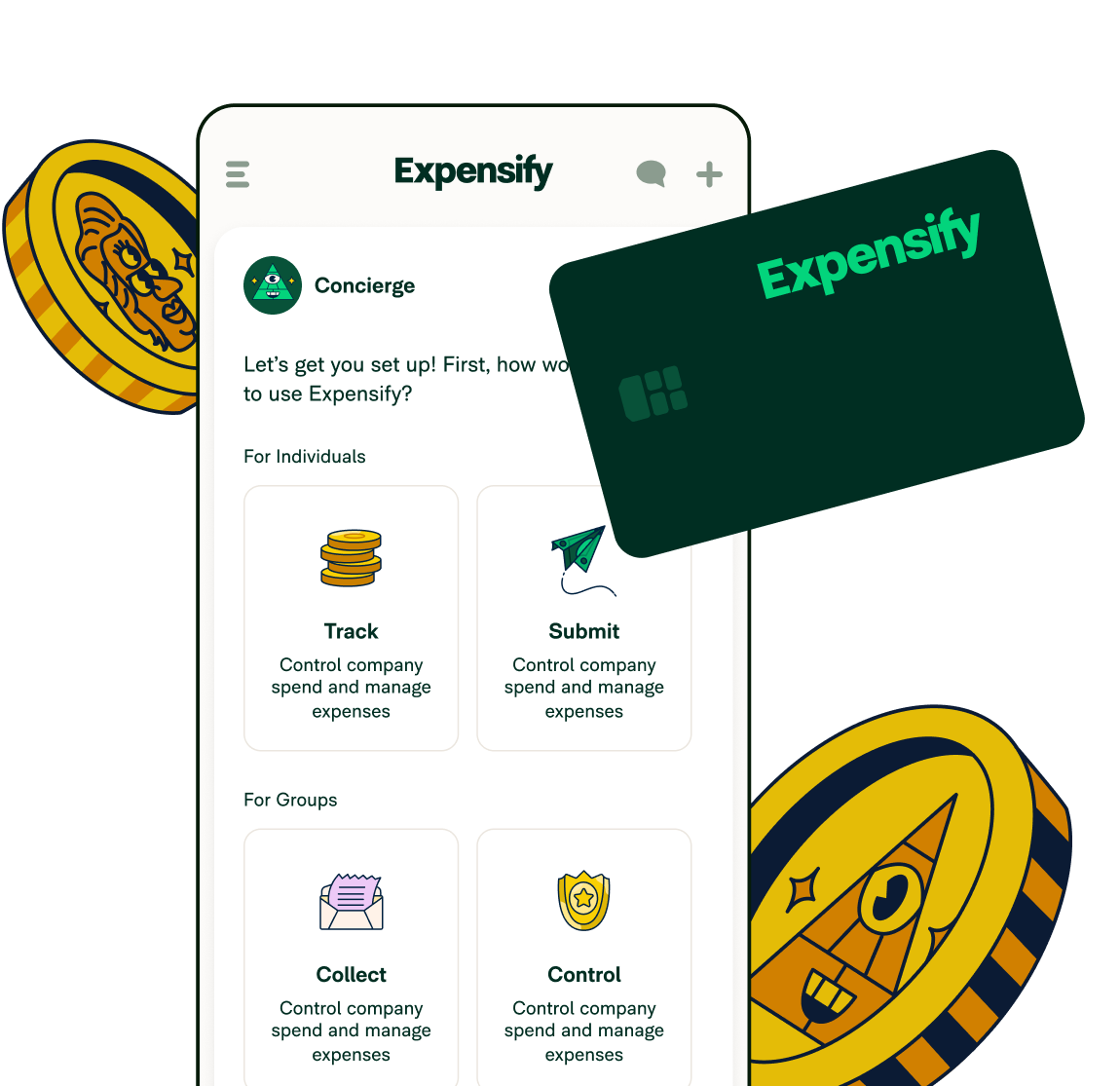Private email domain: Seamlessly integrate your business’s financial management processes

In an era where digital identity shapes business reputations, a private email domain is not just a mark of professionalism and authenticity but a strategic asset for small business owners.
For you, the savvy entrepreneur, understanding the value of a private domain for your email communications can make a huge difference to your business operations.
A private email domain sets the stage for a sophisticated, organized, and successful business operation, whether through professional-looking communications that build trust or the seamless integration with expense management tools, which is what we’ll go into depth about in this guide.
What is an email domain?
An email domain is the name that appears after the "@" in an email address. If you use Gmail, the email domain name would be gmail.com. Other common email domains you've probably seen include yahoo.com, hotmail.com, outlook.com… you get it.
What is a private email domain?
A private email domain uses your company's unique domain name in its email addresses rather than the standard domain names mentioned above. For example, instead of getting an email from name@gmail.com, you'd get an email from name@yourcompany.com.
Benefits of using a private email domain
Using a private email domain establishes your brand identity and credibility from the very first point of contact. Think about the last time you got an email from a business or brand you love — odds are, the email it was sent from didn't end in "@hotmail.com".
Here's why a private email down is a smart choice for your small business:
Better financial management: Missed payment receipts and lost expense logs? A private email domain enables you to seamlessly integrate your business with expense management and spend management apps.
Security and control: A private email domain enhances your company's security and gives you greater control over your email communications. This control is crucial for managing sensitive information, especially when dealing with financial matters like invoicing and expense tracking.
Increased trust and credibility: Using a private email domain signals higher professionalism. Clients are more likely to trust and feel confident in dealing with emails from a domain closely associated with your business rather than a generic one. This trust is vital for effective communication, particularly in financial transactions.
Improved email deliverability and spam filtering: With a private email domain, your emails are less likely to be marked as spam, ensuring that important communications, such as payment notifications and expense reports, reach their intended recipients. This reliability is essential for maintaining smooth, uninterrupted financial operations.
How to get a private email domain
If you’re ready to set up a private email domain name, you’ve got a few options:
Use a web hosting provider: Many web hosting services, such as Bluehost, DreamHost, or HostGator, can register a domain name and set up a corresponding email service. This is a convenient option if you're also searching for website hosting.
Use a domain registrar: Companies like GoDaddy, Namecheap, or Google Domains specialize in domain registration and provide email services. They are a straightforward choice if you want to secure a domain name.
Use a dedicated email hosting service: Platforms like Google Workspace or Microsoft 365 offer robust email services with a custom domain. They're ideal for businesses looking for advanced email features and integrations.
Things to consider when choosing your private email domain
Simply put, your email domain name should match your business's domain name. If you haven't chosen a domain name yet, we can help.
Here are tips for choosing your domain name:
Make sure it's relevant to your brand: Your domain should reflect your business name or core business activity, making it instantly recognizable.
Keep it simple and memorable: Choose a domain that is easy to spell and remember. Avoid complex spellings that might lead to errors.
Avoid hyphens and numbers: These can complicate your domain and make communicating difficult.
Consider domain extensions: While '.com' is the most recognized, many other extensions like '.biz', '.net', or industry-specific ones like '.tech' might suit your business.
Consider misinterpretations: Be wary of domain names that might spell out unintended words or phrases when the domain and extension are read together.
Future-proof: Select a future-proof domain name that will continue to be relevant as your business evolves and grows.
Efficiently manage business expenses and spend in one place
And there you have it! With your new private email domain in place, you're elevating your business communication and branding, and laying the foundation for more effective financial management.
The journey doesn't end with professional-looking emails. Take the next step and integrate your business operations seamlessly with Expensify. Sign up with your new business email and discover how effortless financial management can be. Expensify is designed to streamline every aspect of your business, allowing you more time to focus on growth and success.
Start your journey to efficiency today by filling out the form below, and we’ll handle the rest.
FAQs about private email domains
-
A private email domain uses your company's unique domain name (like name@yourcompany.com) instead of generic providers like Gmail or Yahoo, making your business communications appear more professional and branded.
-
You can set up a private email domain through three main routes: web hosting providers like Bluehost, domain registrars like GoDaddy, or dedicated email hosting services like Google Workspace or Microsoft 365.
-
Google Workspace and Microsoft 365 offer robust email services with custom domains, advanced features, and seamless integrations with expense management tools, making them ideal choices for small businesses.
-
Emails sent from a private domain are less likely to be flagged as spam compared to generic email addresses, ensuring that payment notifications, expense reports, and other financial communications reach recipients reliably.





